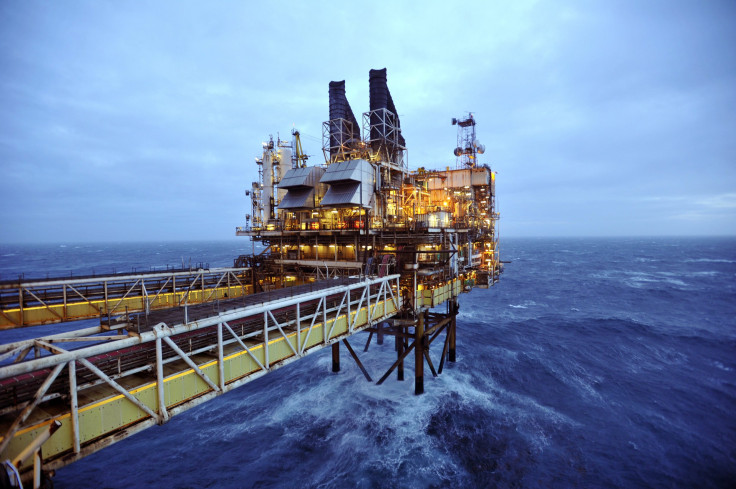Offshore Fracking In Gulf Of Mexico Is On The Rise As Companies Seek Out Deep-Sea Riches

Global oil and gas firms are increasingly turning to offshore fracking to extract more fossil-fuel riches from the bottom of the ocean.
The Gulf of Mexico in particular could see fracking activity grow by more than 10 percent over this year and next, according to Baker Hughes Inc. (NYSE:BHI), which operates about a third of the world’s offshore fracking fleet, Bloomberg News reported Thursday.
Though environmentally controversial, hydraulic fracturing (aka fracking) operations have taken place in waters around the world since the early 1990s, including in California’s Santa Barbara Channel, the Arabian Gulf and the North Sea. Much like onshore fracking, the practice involves pumping vast quantities of water, sand and chemicals underground to crack open rocks and free up deposits of shale gas and oil.
Until recently, offshore fracking was primarily used to boost the productivity and reliability of existing deep-sea wells rather than to drill new wells. The practice accounts for only about 5 percent of the fracking market as a whole, according to About Oil. But advances in fracking technology in recent years – coupled with vast offshore discoveries – have emerged to make large-scale fracking an increasingly feasible business, Bloomberg noted.
In response to growing demand for offshore fracking, oil services companies like Baker Hughes and Schlumberger Ltd. (NYSE:SLB) have increased their global fleet of fracking ships by 31 percent since 2007, according to an Offshore Magazine survey cited by Bloomberg. The ships, called simulation vessels, measure 300 feet long and carry roughly 7 million pounds of people and equipment, including rock-crushing engines and stores of sand. Schlumberger said it launched five new vessels last year for work in the deepwater Gulf, Indian Ocean and North Sea.
The full scope of offshore fracking’s environmental impacts is still a mystery to drillers and their regulators. While the process has been linked to groundwater contamination onshore, officials are less clear about what could happen in the depths of the ocean.
Fracking’s effects “are not well understood. To date, little data has been collected,” Alison Dettmer, a deputy director at the California Coastal Commission, told the Associated Press in February. At the time, the federal government had just approved three new fracking operations off the California coast.
Oil firms say that’s why they are proceeding with caution. “It’s the most challenging, harshest environment that we’ll be working in,” Ron Dusterhoft of Halliburton Co. (NYSE:HAL), the world’s largest fracking operator, told Bloomberg. “You just can’t afford hiccups.”
© Copyright IBTimes 2024. All rights reserved.





















